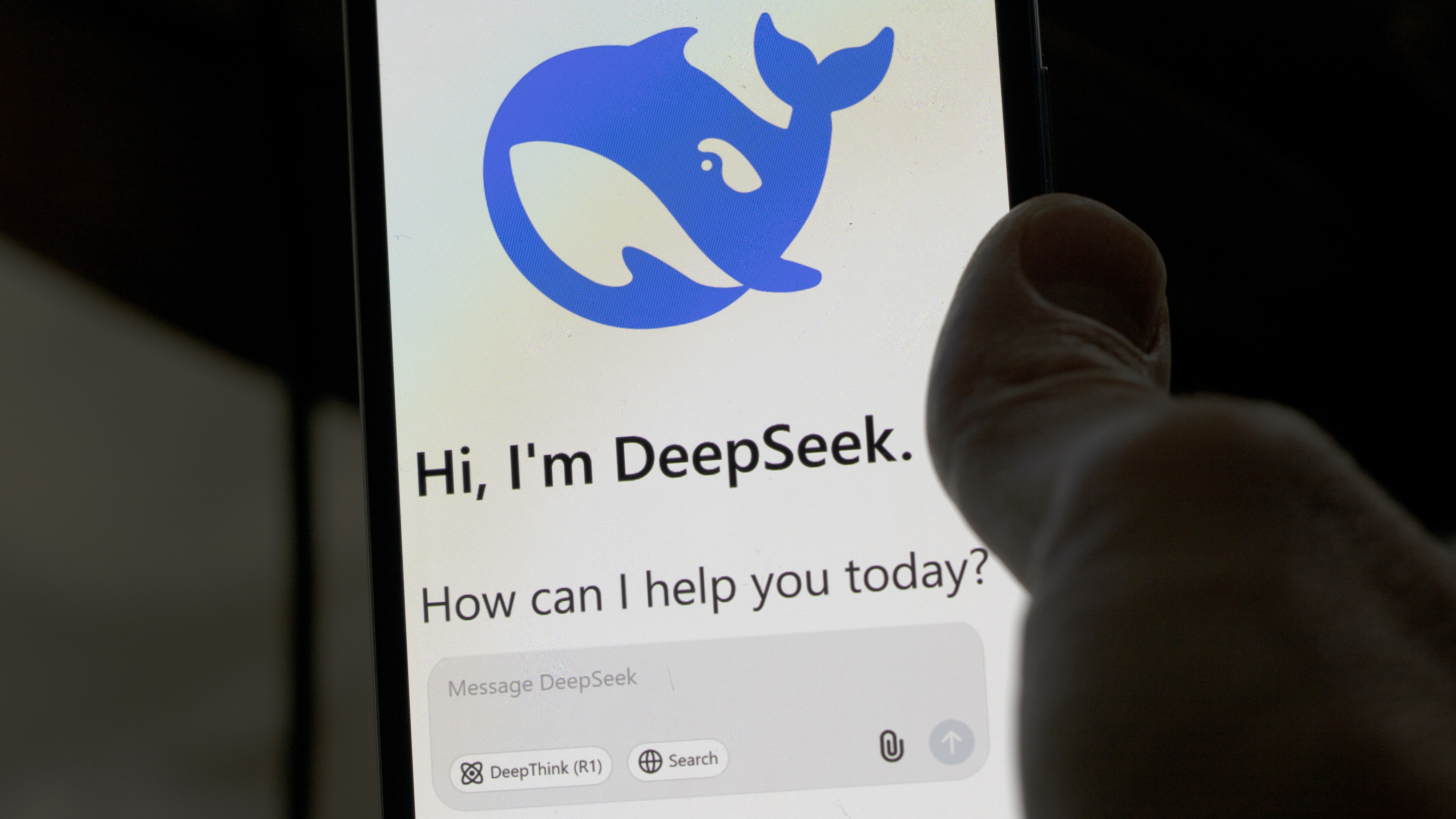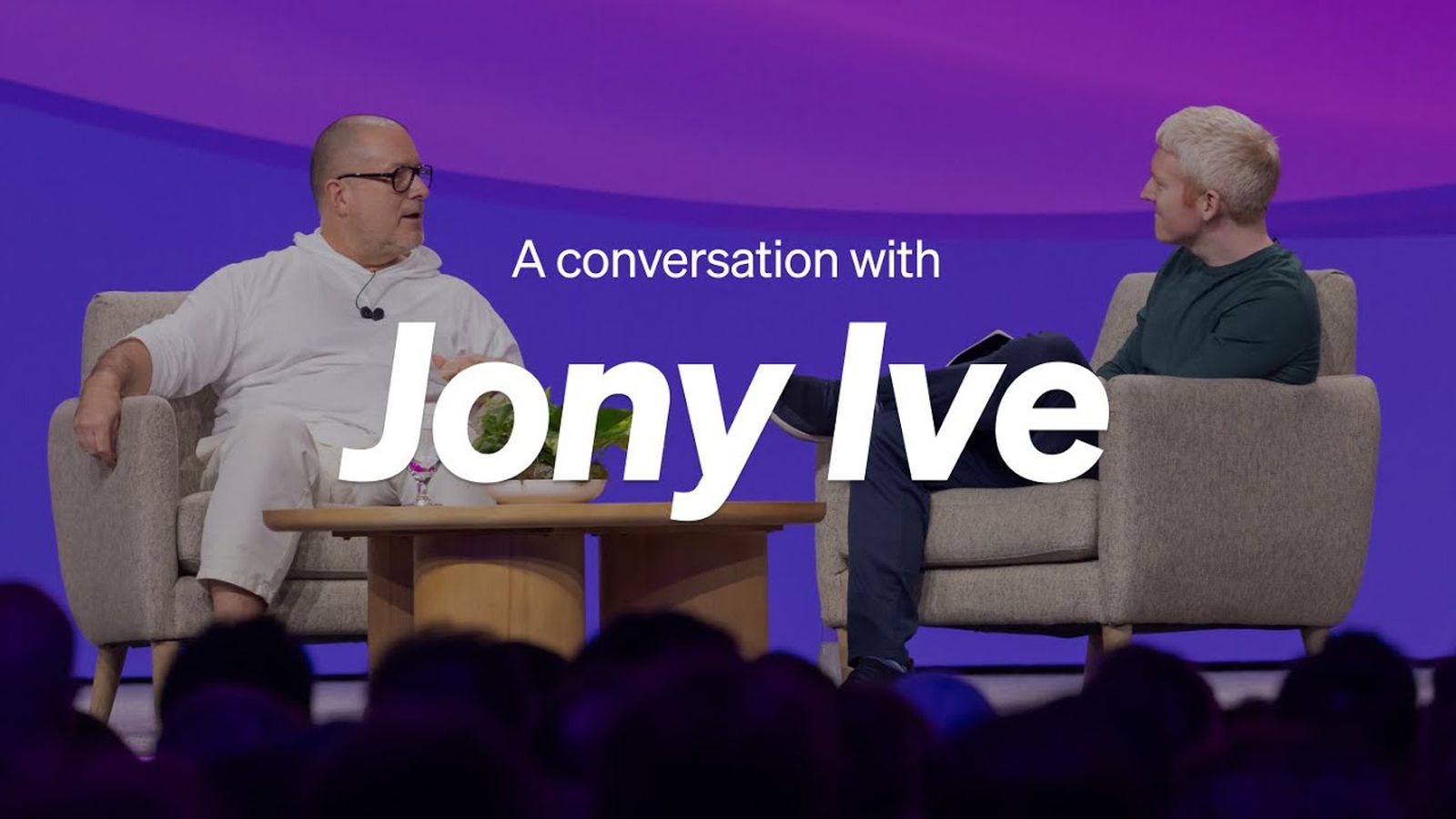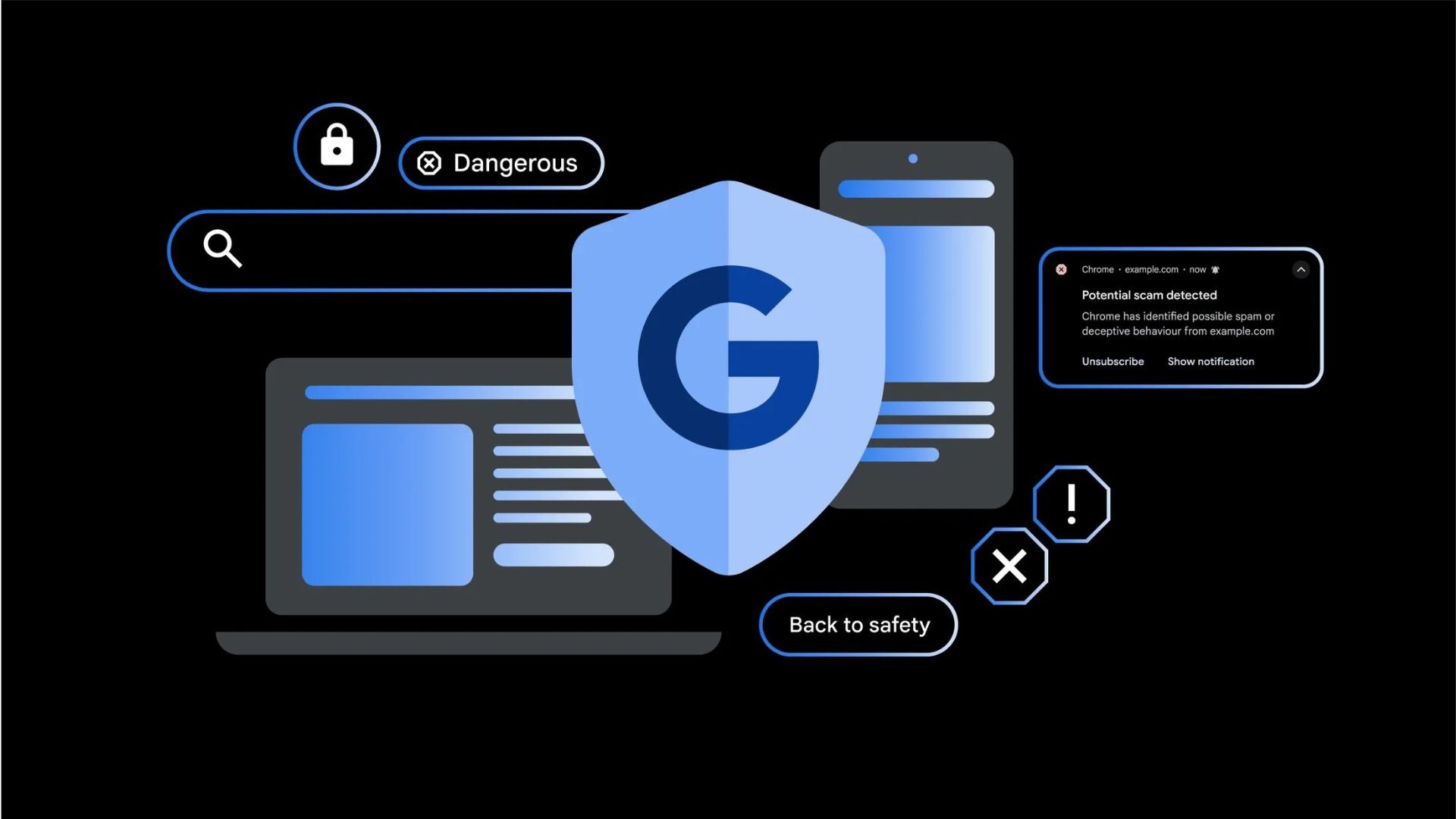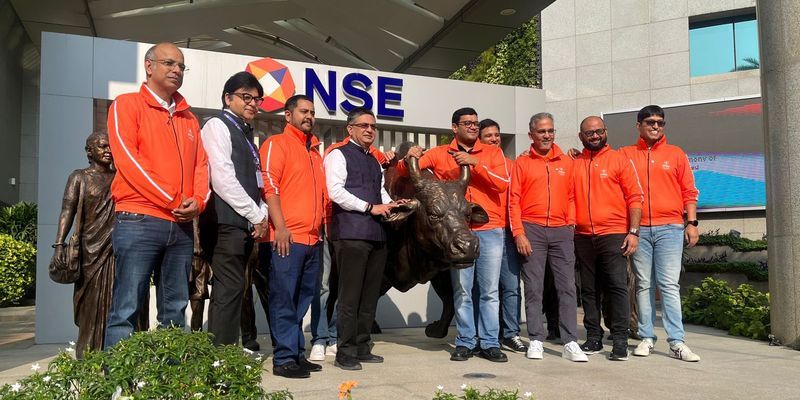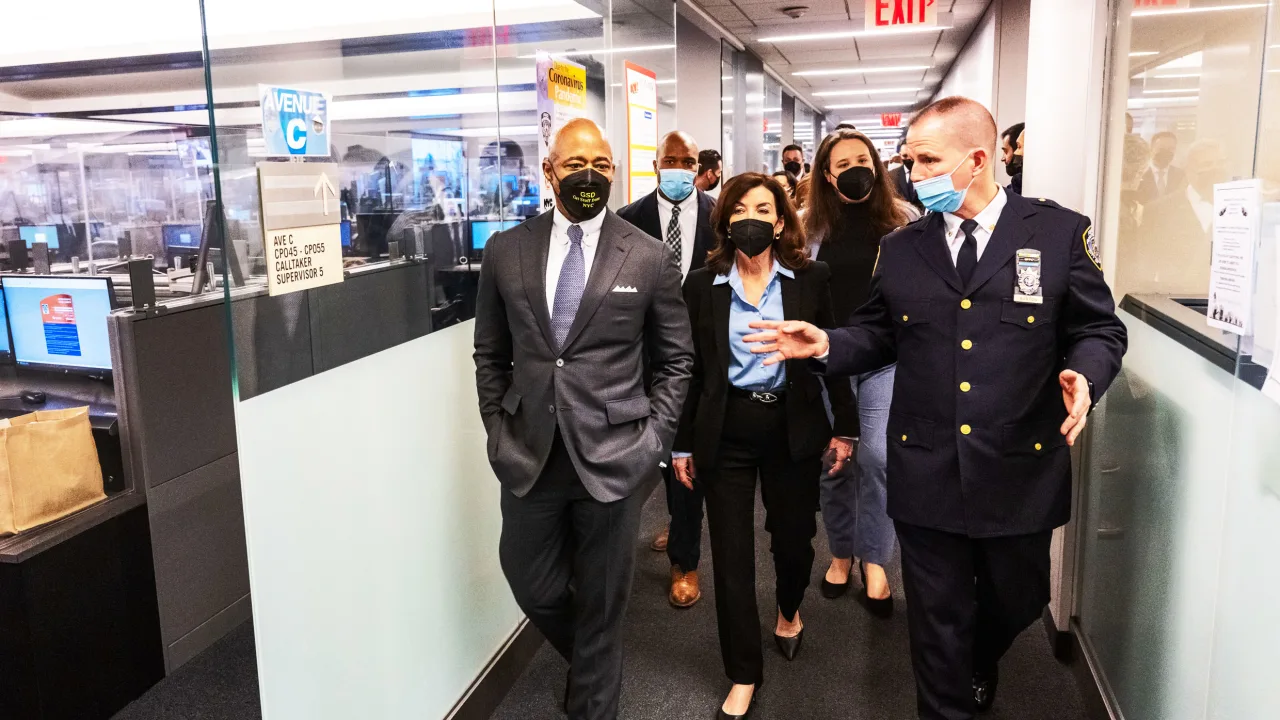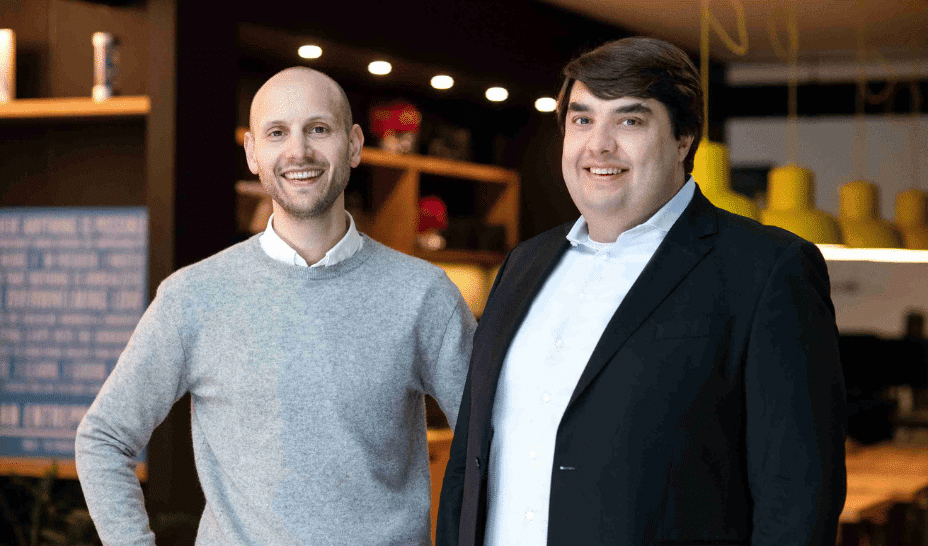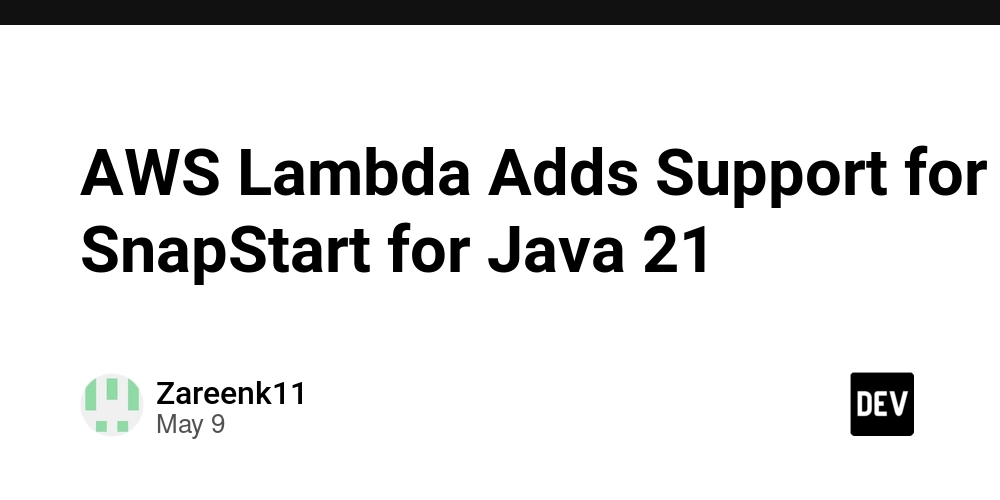What Would You Do When The Plan Fails?
It started with a screen. You typed your first lines of code. It broke. You fixed it. It broke again, and somehow, you kept coming back, hoping to figure out how things work. No roadmap. No clear reason. That’s how it begins. Quietly. Obsessively, for so many of us here. Until one day, you wake up and realize, this has become my life. You built projects. You shared links. Friends started calling you “tech bro/sis.” People start coming to you for help. Your first freelance gig paid peanuts, but it felt like gold. You put “Frontend Developer” in your bio with pride. You Thought You Had It Figured Out. You believed it then, if you just kept going, kept building, life would eventually click into place. There was a future for you. A job in big tech, maybe Google, Amazon, or even Apple. A perfect plan was hatched. You thought you had hacked the system. Then, Reality Happened Five, six, maybe ten years down the line. You’re not where you thought you’d be. You still code, yes. But it’s different now. The joy is quieter. The goals are heavier, and the responsibilities have 10X. You’ve learned more than you thought possible, but it hasn't given you what you hoped. Not really. Now you spend your days chasing airdrops and vibe coding, learning tools that weren’t in last year’s roadmap.. You’re tired of explaining the same bugs. Tired of clients who disappear. Tired of chasing invoices. Tired of updating your portfolio, praying this time is that lucky break, and you get in. Many times I have seen developers trying to make their mark, and countless times I have seen them enter the never-ending loop, and while the allures of the tech world are shining, the future of many is laid dead as collateral for the few to clinch the spotlight. No One Talks About This Part No one tells you about the tech fatigue. They talk about how to get into tech, but not what happens after you’ve gotten in, and it still doesn’t feel like enough. No one tells you about the 3 AM debugging breakdowns, the impostor syndrome after seeing a 19-year-old shipping SaaS tools while you’re stuck with a 5-year-old tutorial while still living with your parents. They don’t talk about your peers leaving the field, pivoting to something else, and doing well, while you are stuck with a roadmap you have no clue where it leads. They don't tell you how tech starts to feel like a job, not a calling. And how hard that hits when this was your way out. The Illusion of Arrival There’s a lie you bought into: Once I get good, I’ll get paid. Once I get paid, I’ll be happy. But getting good was never the endgame. Tech isn’t a reward system. It’s an ecosystem. It's messy, unpredictable, flooded, and shifting. You thought the plan was linear: Learn skills → Build projects → Land clients or a remote job → Live free. But no one warned you about the detours: Market crashes. Tech layoffs. Burnout. Skills are becoming outdated. Visa denials. Interviewers ghosting you. And now, after all these years, you're asking yourself: Did I choose wrong? The Unseen Success But pause. Look again. You taught yourself how to code without formal schooling. You’ve earned something more valuable than a job: adaptability. You know how to break things and fix them. You know how to survive with little. You’ve made things work when they shouldn’t have. That is tech. That is the job. Most people never even start. Rewriting the Roadmap So now that the plan has failed, or rather, unfolded differently, what’s next? Stop Measuring Yourself With Outdated Metrics You’re not a beginner, so stop acting like one. You’ve evolved. The industry wants problem-solvers, not just coders. Focus on what you know and how it connects. Instead of chasing shiny job titles, ask: What real problems can I solve with what I know? Can I ship something small but useful? What skill combinations make me rare? Being just a React dev isn’t enough. Being a React dev who can write clean documentation or automate tasks with Python is where the edge lies. Embrace the B-Side of Tech Everyone’s talking about AI, DevSecOps, and cloud engineering, but under that, there are less glamorous but high-demand roles: Technical writing DevRel and community building Low-code app development Testing and QA automation These are not "backup careers"; they’re sustainable paths. And sometimes, they pay more with less emotional burnout. Build Your Leverage Don’t wait for companies to define your growth. Build a newsletter, a niche blog, a micro-product, or a tool. Even a well-written GitHub readme shows you're more than just a resume. That’s how you stand out now. Not just by skill, but by presence. This Isn’t a Reset, It’s a Reframe You didn’t lose your way. You just outgrew the version of yourself who thought success was a straight line. You’ve come too far to quit. But maybe it’s time to stop trying to win the game you outgrew. Write your own. Because the truth is, many of us came from

It started with a screen.
You typed your first lines of code. It broke. You fixed it. It broke again, and somehow, you kept coming back, hoping to figure out how things work.
No roadmap.
No clear reason.
That’s how it begins. Quietly. Obsessively, for so many of us here.
Until one day, you wake up and realize, this has become my life.
You built projects. You shared links. Friends started calling you “tech bro/sis.” People start coming to you for help. Your first freelance gig paid peanuts, but it felt like gold. You put “Frontend Developer” in your bio with pride.
You Thought You Had It Figured Out.
You believed it then, if you just kept going, kept building, life would eventually click into place. There was a future for you. A job in big tech, maybe Google, Amazon, or even Apple. A perfect plan was hatched.
You thought you had hacked the system.
Then, Reality Happened
Five, six, maybe ten years down the line. You’re not where you thought you’d be.
You still code, yes. But it’s different now. The joy is quieter. The goals are heavier, and the responsibilities have 10X.
You’ve learned more than you thought possible, but it hasn't given you what you hoped. Not really.
Now you spend your days chasing airdrops and vibe coding, learning tools that weren’t in last year’s roadmap.. You’re tired of explaining the same bugs. Tired of clients who disappear. Tired of chasing invoices. Tired of updating your portfolio, praying this time is that lucky break, and you get in.
Many times I have seen developers trying to make their mark, and countless times I have seen them enter the never-ending loop, and while the allures of the tech world are shining, the future of many is laid dead as collateral for the few to clinch the spotlight.
No One Talks About This Part
No one tells you about the tech fatigue.
They talk about how to get into tech, but not what happens after you’ve gotten in, and it still doesn’t feel like enough.
No one tells you about the 3 AM debugging breakdowns, the impostor syndrome after seeing a 19-year-old shipping SaaS tools while you’re stuck with a 5-year-old tutorial while still living with your parents. They don’t talk about your peers leaving the field, pivoting to something else, and doing well, while you are stuck with a roadmap you have no clue where it leads.
They don't tell you how tech starts to feel like a job, not a calling. And how hard that hits when this was your way out.
The Illusion of Arrival
There’s a lie you bought into: Once I get good, I’ll get paid. Once I get paid, I’ll be happy.
But getting good was never the endgame. Tech isn’t a reward system. It’s an ecosystem. It's messy, unpredictable, flooded, and shifting.
You thought the plan was linear:
Learn skills → Build projects → Land clients or a remote job → Live free.
But no one warned you about the detours:
Market crashes. Tech layoffs. Burnout. Skills are becoming outdated. Visa denials. Interviewers ghosting you.
And now, after all these years, you're asking yourself: Did I choose wrong?
The Unseen Success
But pause.
Look again.
You taught yourself how to code without formal schooling. You’ve earned something more valuable than a job: adaptability.
You know how to break things and fix them. You know how to survive with little. You’ve made things work when they shouldn’t have. That is tech. That is the job.
Most people never even start.
Rewriting the Roadmap
So now that the plan has failed, or rather, unfolded differently, what’s next?
- Stop Measuring Yourself With Outdated Metrics You’re not a beginner, so stop acting like one. You’ve evolved. The industry wants problem-solvers, not just coders. Focus on what you know and how it connects.
Instead of chasing shiny job titles, ask:
- What real problems can I solve with what I know?
- Can I ship something small but useful?
- What skill combinations make me rare?
Being just a React dev isn’t enough. Being a React dev who can write clean documentation or automate tasks with Python is where the edge lies.
- Embrace the B-Side of Tech Everyone’s talking about AI, DevSecOps, and cloud engineering, but under that, there are less glamorous but high-demand roles:
- Technical writing
- DevRel and community building
- Low-code app development
- Testing and QA automation
These are not "backup careers"; they’re sustainable paths. And sometimes, they pay more with less emotional burnout.
- Build Your Leverage Don’t wait for companies to define your growth. Build a newsletter, a niche blog, a micro-product, or a tool. Even a well-written GitHub readme shows you're more than just a resume.
That’s how you stand out now. Not just by skill, but by presence.
This Isn’t a Reset, It’s a Reframe
You didn’t lose your way. You just outgrew the version of yourself who thought success was a straight line.
You’ve come too far to quit. But maybe it’s time to stop trying to win the game you outgrew.
Write your own.
Because the truth is, many of us came from nothing, and now we’re in rooms, solving problems, building tools, speaking code. That's not failure. That's survival. And survival is a form of brilliance.
If this feels like your story, you're not late. You're just deep in the middle. And the middle is where all the best builders find themselves.
Like you, I have my share of this story, and I share some of them frequently, like how I Lost It All – My Tech Story. Also, you can find some of the side projects I built through this chaotic journey of failure.
Follow me on X to stay updated on what I’m up to in the world of Web3, AI, and what it means to grow as a developer in 2025.














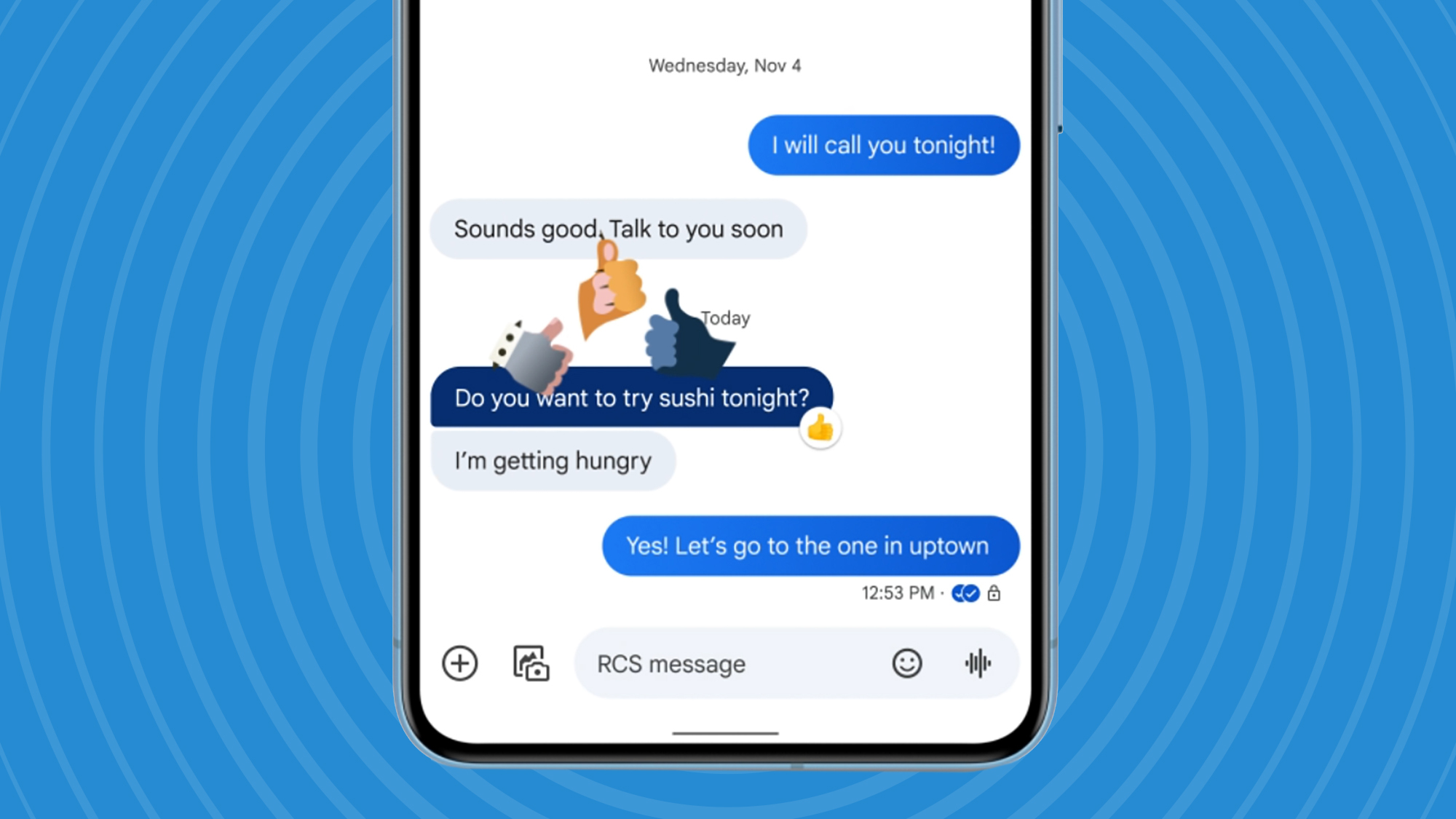
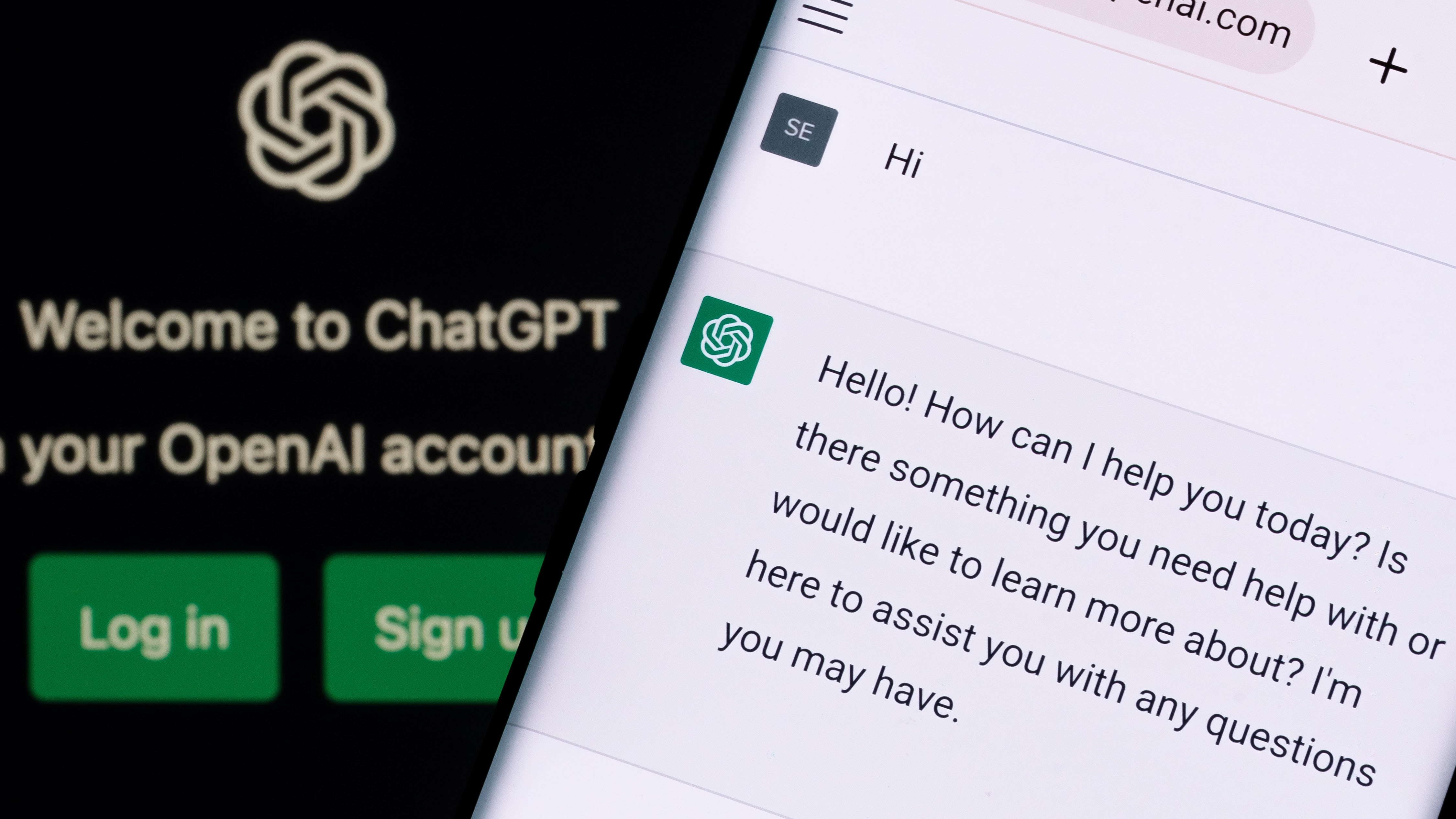


























































































































































![[The AI Show Episode 146]: Rise of “AI-First” Companies, AI Job Disruption, GPT-4o Update Gets Rolled Back, How Big Consulting Firms Use AI, and Meta AI App](https://www.marketingaiinstitute.com/hubfs/ep%20146%20cover.png)












































































































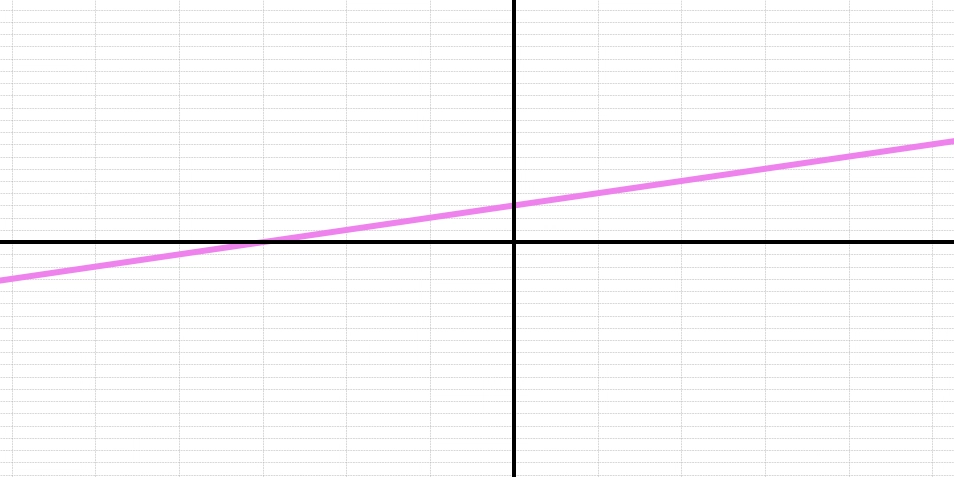
















![Life in Startup Pivot Hell with Ex-Microsoft Lonewolf Engineer Sam Crombie [Podcast #171]](https://cdn.hashnode.com/res/hashnode/image/upload/v1746753508177/0cd57f66-fdb0-4972-b285-1443a7db39fc.png?#)












































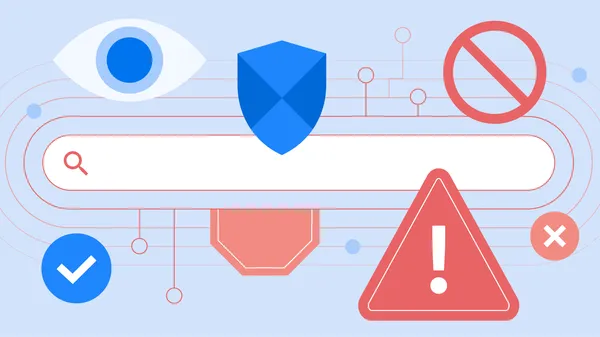















.jpg?width=1920&height=1920&fit=bounds&quality=70&format=jpg&auto=webp#)


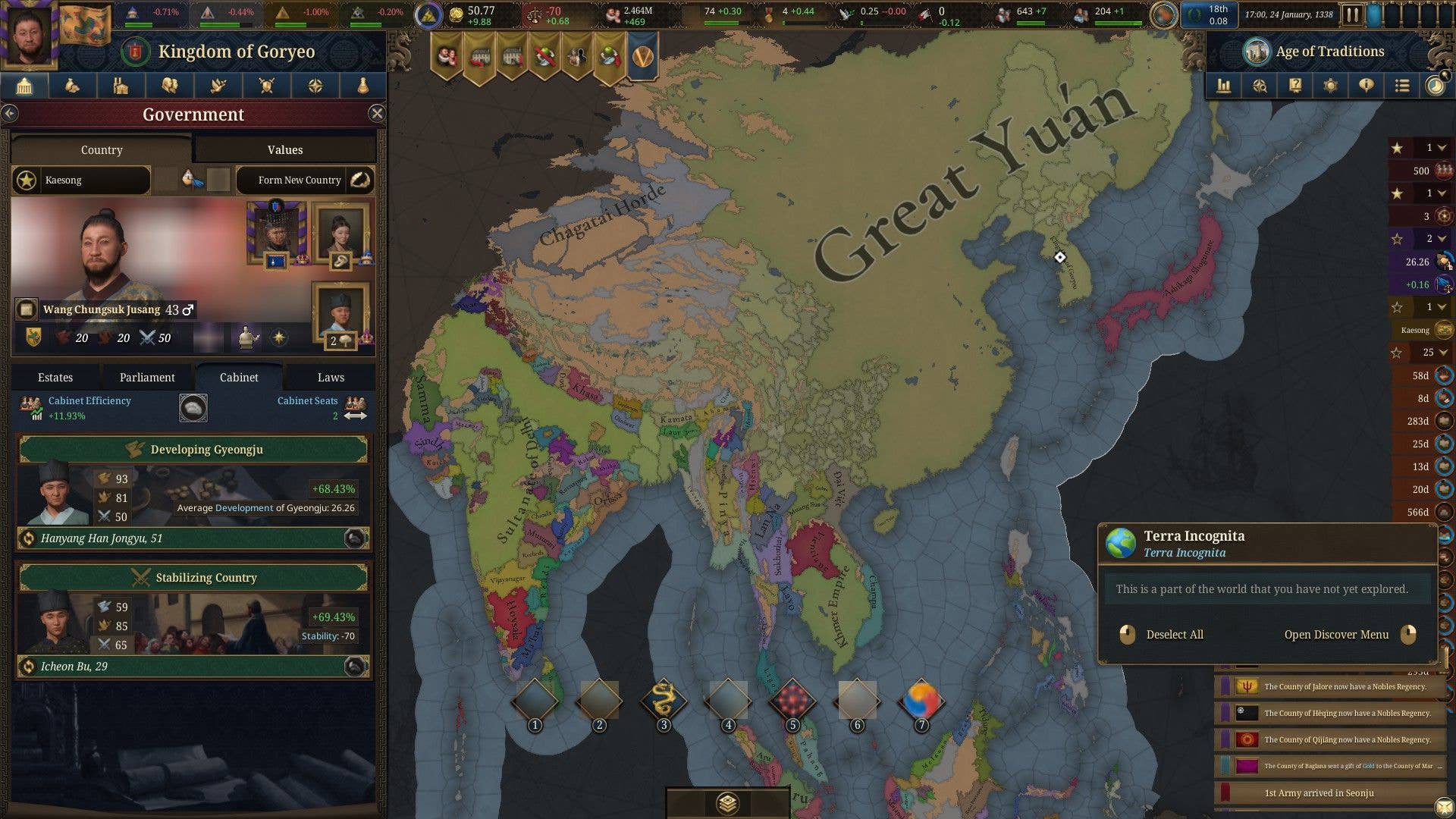















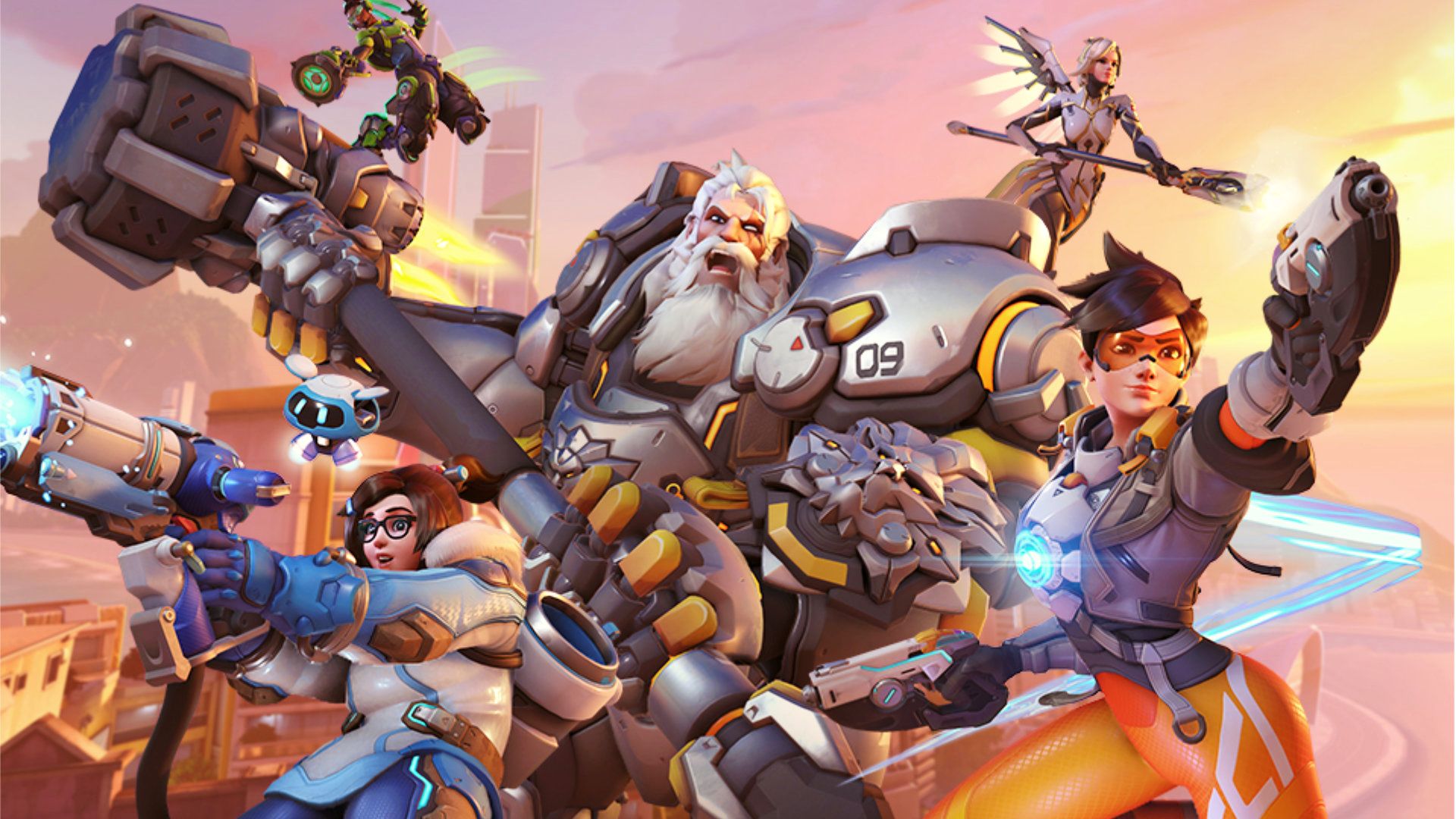





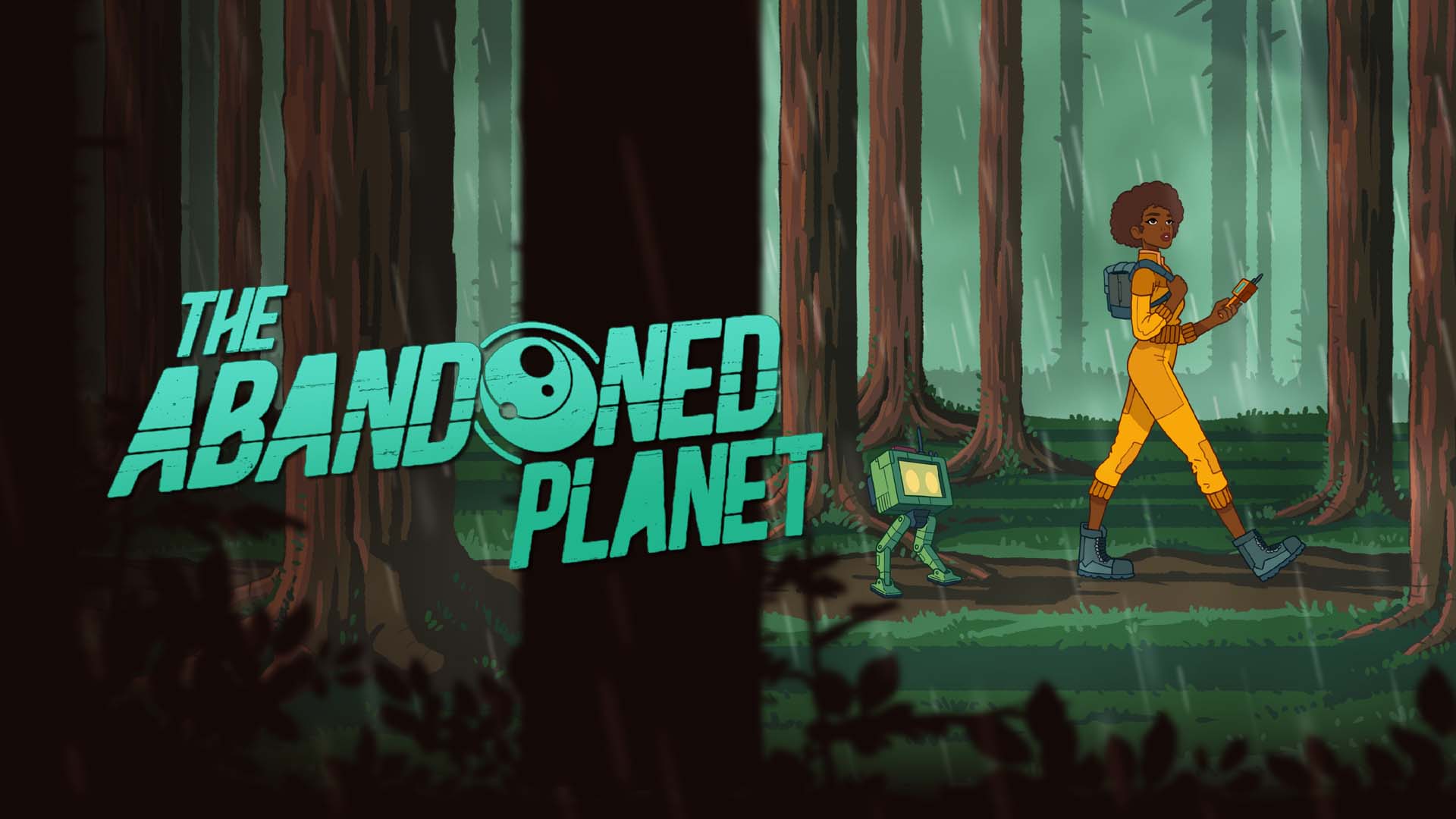



























.png?width=1920&height=1920&fit=bounds&quality=70&format=jpg&auto=webp#)
.png?width=1920&height=1920&fit=bounds&quality=70&format=jpg&auto=webp#)























_Andrey_Khokhlov_Alamy.jpg?width=1280&auto=webp&quality=80&disable=upscale#)


_Aleksey_Funtap_Alamy.jpg?width=1280&auto=webp&quality=80&disable=upscale#)








































































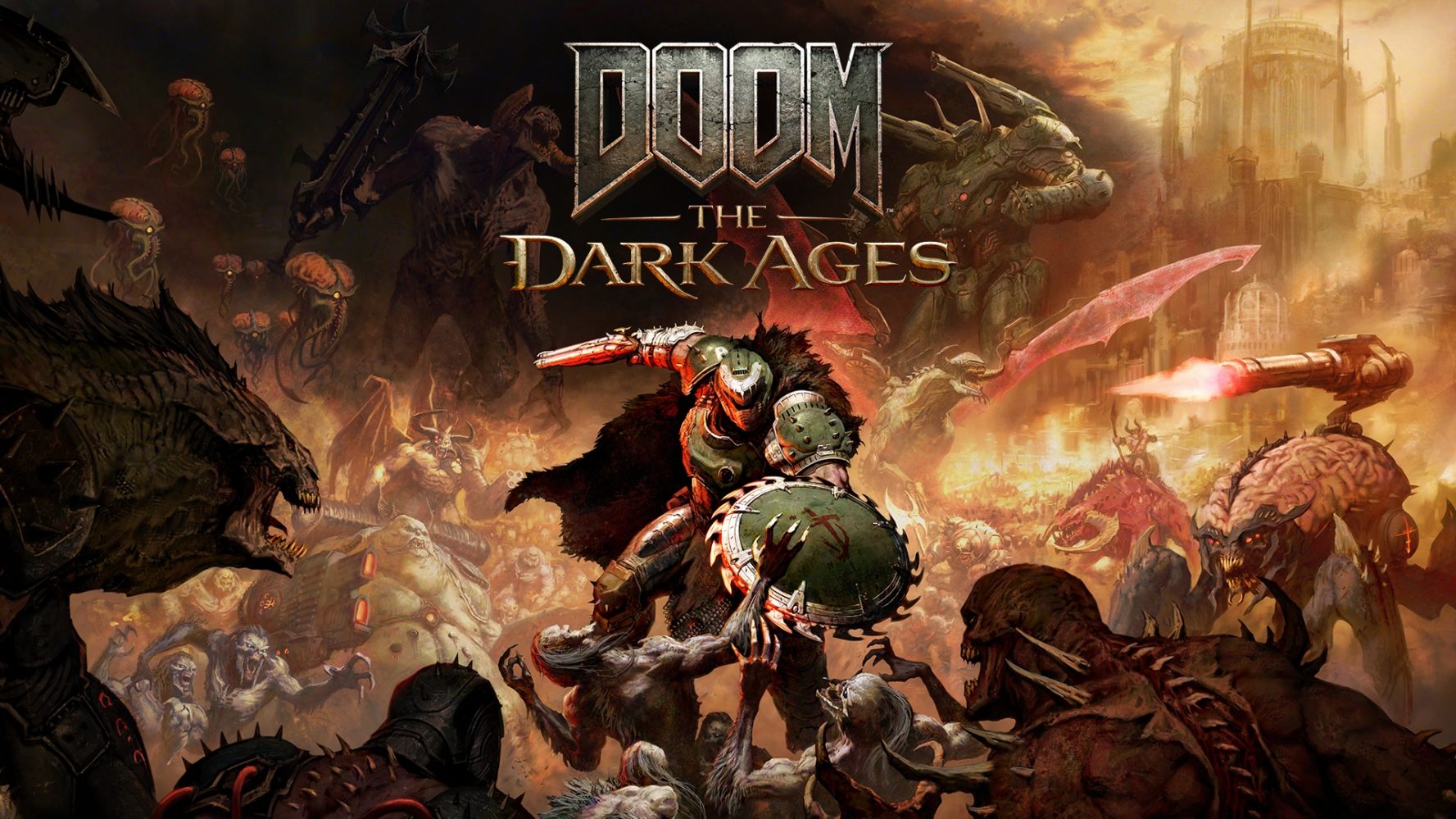







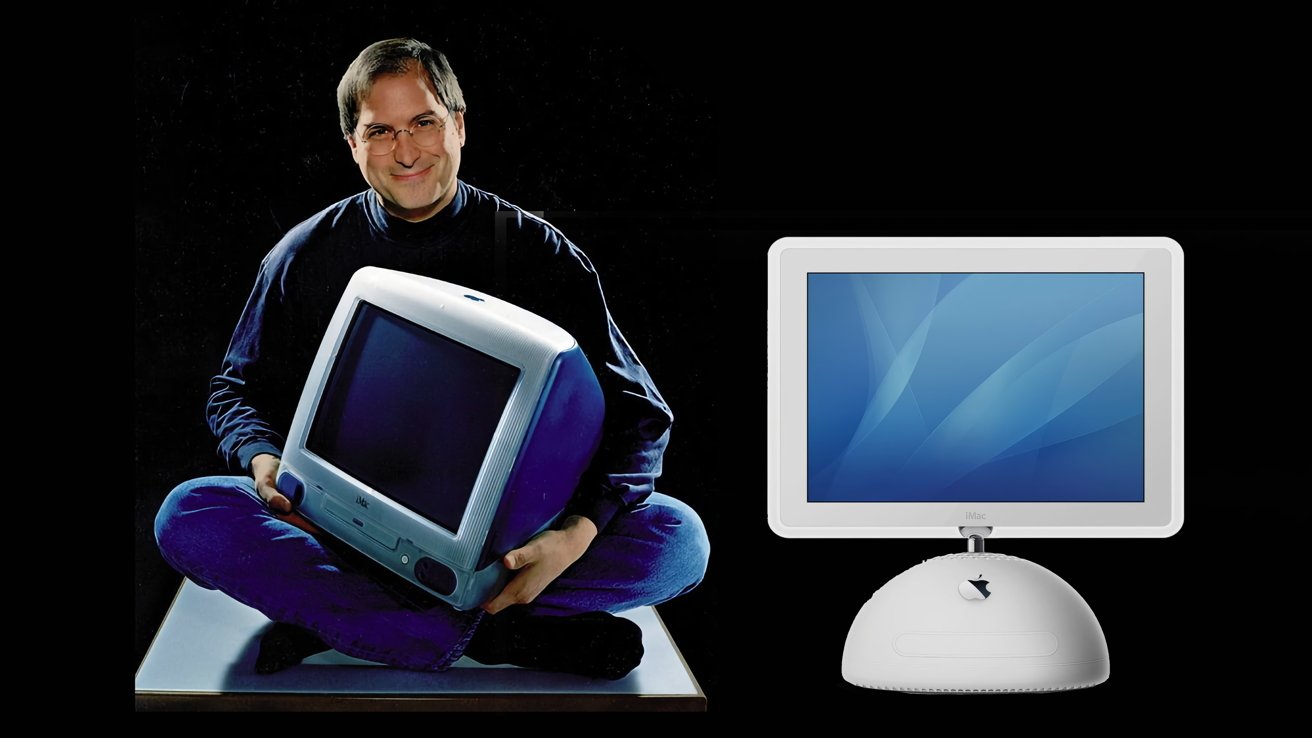



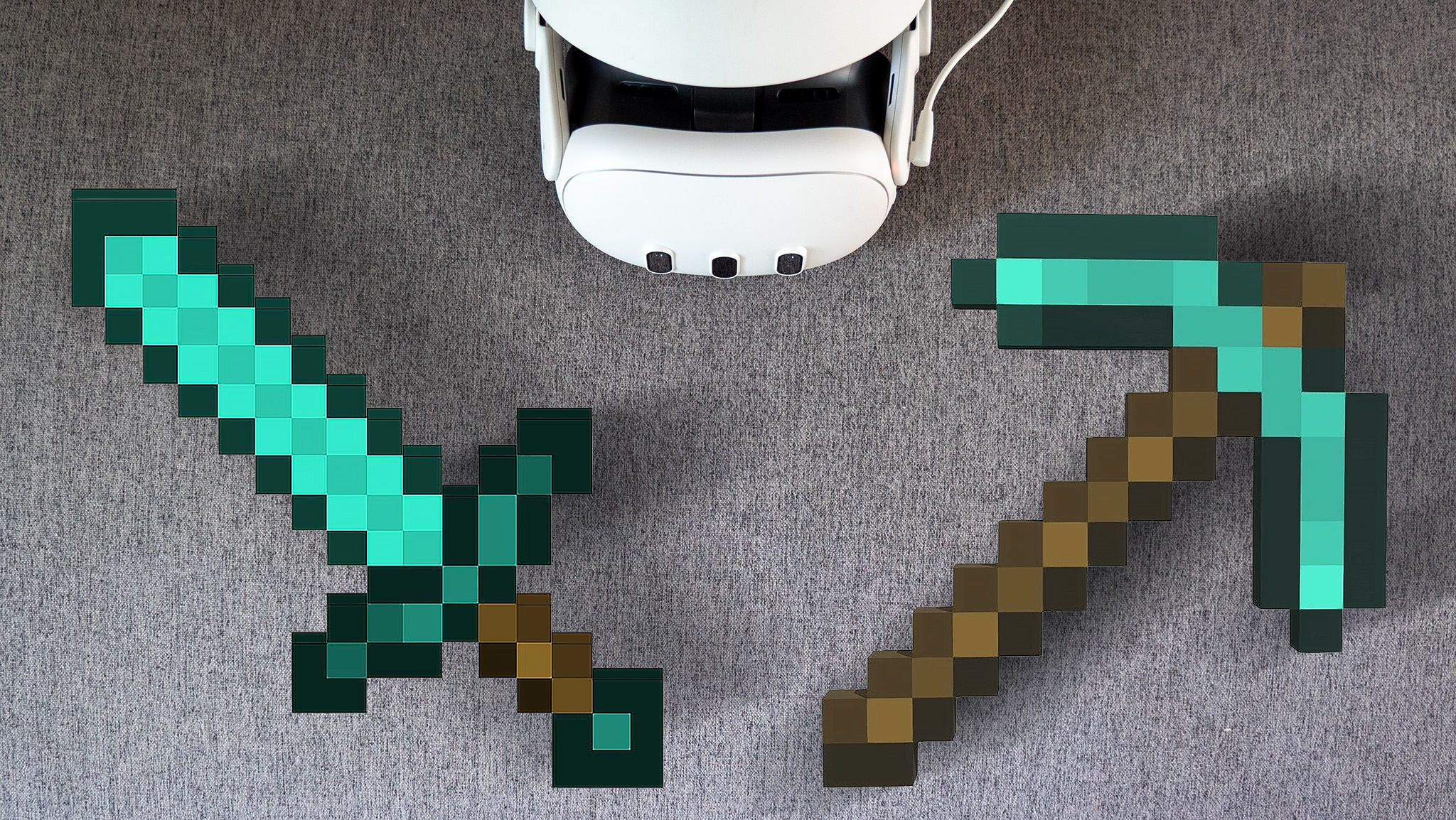











![Some of the best accessories to pair with your Pixel 9 [Video]](https://i0.wp.com/9to5google.com/wp-content/uploads/sites/4/2024/10/Accessories-Header.jpg?resize=1200%2C628&quality=82&strip=all&ssl=1)













![Apple Foldable iPhone to Feature New Display Tech, 19% Thinner Panel [Rumor]](https://www.iclarified.com/images/news/97271/97271/97271-640.jpg)
![Apple Developing New Chips for Smart Glasses, Macs, AI Servers [Report]](https://www.iclarified.com/images/news/97269/97269/97269-640.jpg)
![Apple Shares New Mother's Day Ad: 'A Gift for Mom' [Video]](https://www.iclarified.com/images/news/97267/97267/97267-640.jpg)
![Apple Shares Official Trailer for 'Stick' Starring Owen Wilson [Video]](https://www.iclarified.com/images/news/97264/97264/97264-640.jpg)

















